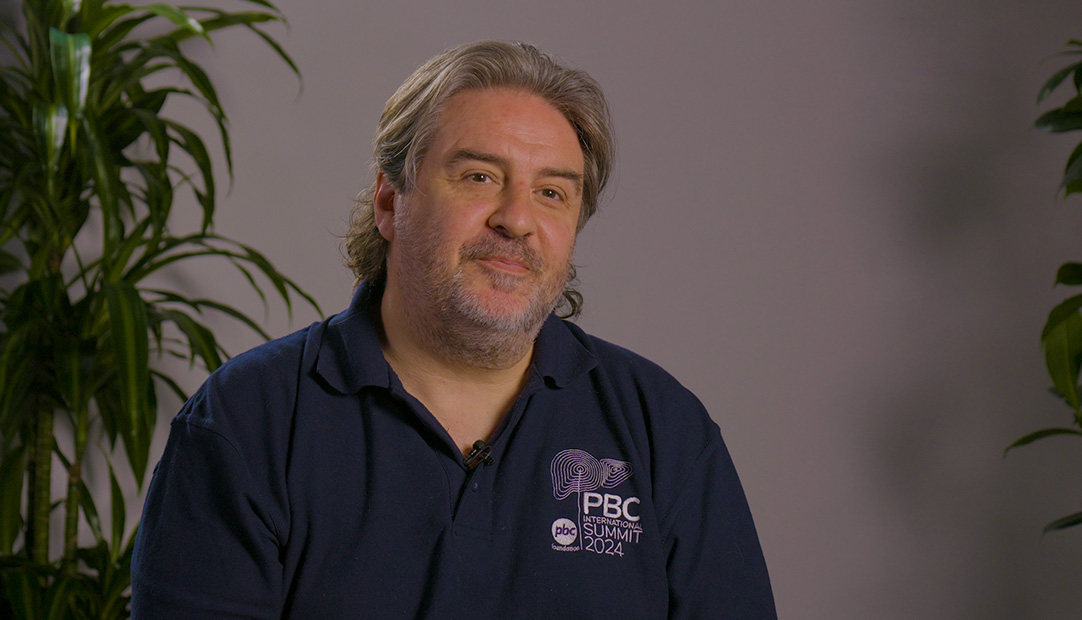Cholestatic liver diseases are a rare but significant group of conditions that impact both children and adults. Three such conditions—Primary
Category: Rare Disease
Scientific Journey from Coal to Diamond: Myths and Misperceptions in Rare Disease Innovation
. An article by Jennifer Schranz, Senior Vice President and Global Head of Rare Diseases at Ipsen In storytelling, you
Breaking Barriers to Rare Disease Innovation: Reflections from the World EPA Congress
. An article by Philippe Ghyssels, Vice President Corporate and Global Public Affairs For individuals living with a rare disease, every
Rare Disease Day 2025: Imagining More for the Rare Disease Community
Every day, millions of people around the world face the immense challenges of living with a rare disease. For these
Imagining More for Rare Diseases: Reflections on the Path Ahead
. An article by Josep Catlla, Executive Vice President, Chief Corporate Affairs Officer “Each year, Rare Disease Day is a
Together for ALGS Awareness Day
. Only 1 in 30,000 children are born with ALGS each year1,2 This January, we are standing with the Alagille
Advocating for babies with Biliary Atresia
Biliary Atresia (BA) is a rare liver disease that usually appears in the first month of a baby’s life.1 In
Looking after a loved one with Progressive Familial Intrahepatic Cholestasis: Francesca’s Story
A few months after Eva Luna was born, her mother Francesca realised something wasn’t quite right. Within the span of
Partnering for Progress: The Importance of Collaboration in Primary Biliary Cholangitis (PBC) Awareness
Sandra Silvestri, Executive Vice President & Chief Medical Officer at Ipsen, reflects on the theme for this year’s PBC Awareness
Provide Better Care: PBC Awareness Day 2024
“We’re often asked, what is the PBC journey? And the challenge is that, well, the PBC journey doesn’t exist. There








